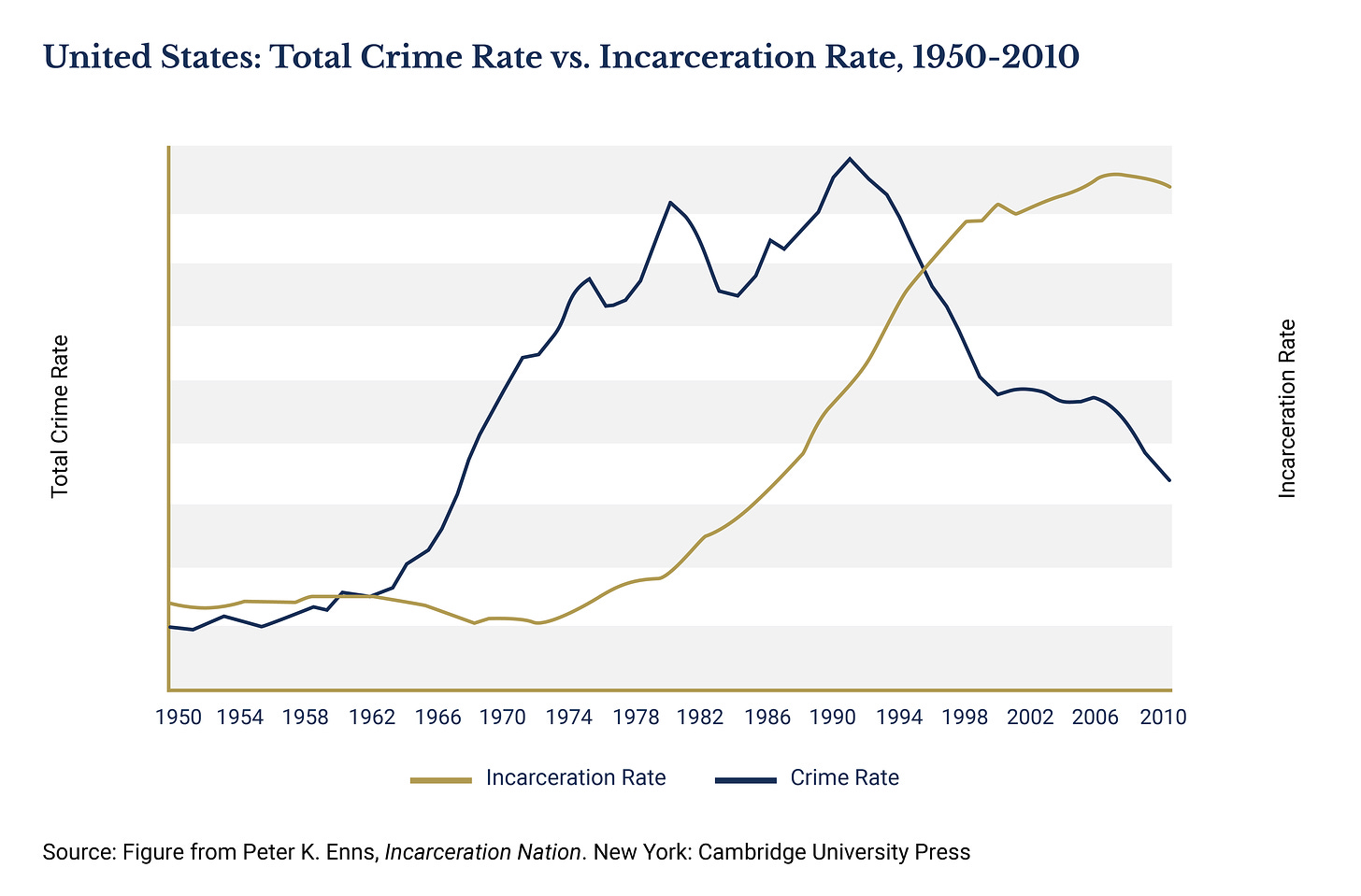Visit the Evidence Files Facebook and YouTube pages; Like, Follow, Subscribe or Share!
Politics in any democratic governing system is beset with liars. A system that translates popularity into power will inevitably attract the worst people. And voters know it. They always have. In America, and likely everywhere else, anecdotes of people “holding their noses” to pick the better of two bad choices used to abound in political discourse among regular people. (Nowadays choices are characterized more by the phenomenon of knowingness borne of ignorance). The utter ridiculousness of the general quality of candidates has frequently made its way into the cultural ethos, perhaps embodied no better than by the controversial South Park TV series. Part of it no doubt results from the extremely dysfunctional nomination system in most US elections, which nevertheless rarely affects the outcome for entrenched incumbents. The American electorate has tolerated this morass for over 200 years for a myriad of reasons. What happens, however, when a person who aspires to political office who is so sordid, so bereft of any guiding moral principles, that he/she will say or do literally anything—even criminal—to secure a seat?
Source: Comedy Central
Enter George Anthony Devolder Santos. The United States Department of Justice (DOJ) recently indicted Santos, whose real name may even be in question, on 13 charges including five counts of Wire Fraud, three counts of Unlawful Money Transactions, one count of Theft of Public Money, two counts of fraud related to stealing unemployment benefits (more Wire Fraud charges), and two counts of lying to the federal government. You can read the entire indictment here. Without dissecting each specific count, the general theme is that Santos used false and fraudulent pretenses to receive money related to his candidacy, then he spent these “contributions” toward his personal benefit. Other charges involved Santos obtaining unemployment benefits while simultaneously collecting a salary in excess of $100,000 per year, specifically targeting pandemic-related benefits. He lied about those transactions on his financial disclosures, which are a requirement to file as part of the process for establishing a candidacy and running for federal office.
Source: sandrarose.com
Of note, the above paragraph describes allegations made by the United States government that has yet to prove them in federal court. Given Santos’ propensity for lying and deceit, however, it is a strong bet that he will either plea or be found guilty.
“Propensity to lie” is a meek way to describe Santos’ behavior. He is on-record saying things so easily disproved, that a more apt description might be “inept con artist.” During his campaign he claimed—all falsely—that his grandparents had survived the Holocaust, his mother died from complications related to September 11 in New York City, he received a sports scholarship for a college (he neither received the scholarship nor attended that college), that he worked at two major financial institutions, that he was robbed of past-due rent money (this lie was made in a sworn statement in an eviction case), that he employed four people who were killed in the Pulse Nightclub Shooting, among still others. In addition, he has been accused in several other apparent crimes, including defrauding a homeless vet, impersonating Kevin McCarthy’s staff member, and stealing scarves. Meanwhile, he also agreed to pay a fine and victim compensation for a fraud for which he was wanted in Brazil from 2008.
Since his recent arrest, Santos has defended himself by claiming this as some sort of political “witch hunt,” a common trope used by other serial offenders and indictees. The phrase is slowly morphing into an admission of guilt, likely the result of its use by those who seem too arrogant or foolish not to admit their crimes publicly. But I digress.
Santos has also stated that he will not resign and has pled not guilty. The latter surprises no one. Most defendants initially plead not guilty while they assess their options and plan their plea deal offers. The reality, however, is the overwhelming majority of those charged with federal crimes plead guilty, some 98%. Given the venality of the charges, if guilty Santos should go to jail, but politicians often leverage their position as a bargaining chip in the plea process. I.e., “I will resign if you give me probation.” This disgraceful practice occurs far too often, and remains accessible only to politicians, and often other powerful or wealthy individuals.
When criminally accused politicians hold onto their seats as leverage in the plea process, the question arises. How can the US (or any) government effectively function with a sitting member of Congress under indictment directly related to his efforts to obtain that seat in the first place?
Some will say that these are mere accusations and that the defendant deserves the same treatment—innocent until proven guilty—as any other defendant. But that argument only partly reflects the reality of what happens. Many people of ‘lower’ stature routinely pay severe prices, including the loss of their jobs, freedom, or even their lives, as a result of an arrest or a criminal indictment. Americans love to parade the innocent until proven guilty mantra as a kind of badge of American Exceptionalism, though one need only search social media for any arrest related to child exploitation or abuse, or that includes the mug shot of… shall we say… certain demographics to know this belief is largely a fiction among a wide array of folks. It doesn’t mean we should abandon the idea of treating people as innocent until proven guilty, but let’s be honest in the conversation about how unevenly the principle is applied.
Another related issue that arises in—and often impedes—prosecutions of political defendants is the inherent fear of using “political prosecutions” as a means to obstruct the power of a political party or process. This argument holds slightly more ground as District Attorneys have been known to abuse their power, likely because few ever pay any price for it. Even in cases where District Attorneys patently violate defendants’ rights, often sending them to jail for a lifetime, few ever face accountability, let alone criminal charges. Such willingness suggests that plenty of the nation’s District Attorneys would be more than happy to pursue criminal charges as political leverage if possible, especially in this political age of drumming up spurious investigations predicated on little to no evidence in lieu of investigating actual problems. Nevertheless, ready-made solutions exist for this issue. For one, lines can and should be drawn for punishing the purposeful denial of rights or commencing purely political prosecutions by prosecutors. Like for any crime, if a prosecutor’s malicious intent and conduct is provable, then there should be no hesitation to prosecute him or her. As an example, the purposeful withholding of exculpatory evidence, Brady material, should be a criminal offense if the intent is to deny due process rights of a defendant. For the record, it is, but is rarely treated as such. This has to change. Likewise, the mere commencing of a criminal prosecution for purposes other than legitimate ones (in plain terms, because a crime was apparently committed and potentially provable beyond a reasonable doubt), should also be a criminal offense. Whether this offense already is a crime or not is immaterial as research indicates prosecutors who commit even the most egregious abuses rarely face even disciplinary action by their respective bar. This is an extraordinary flaw in the American criminal justice system.
Now, some of my prosecutor friends out there might say that such an effort to criminalize bad behavior will invariably lead to prosecutors becoming afraid to actually prosecute real crimes, or that such penalties themselves could be politically leveraged. To the former, I say good. For the commoners, a mere arrest can upend their lives in irreparable ways, let alone a frivolous indictment, trial, or worst, a wrongful conviction. Moreover, given the extremely disparate balance of power between defendants and prosecutors, some burden deserves shifting. Trials are lost all the time not because there was insufficient evidence to charge, but because sometimes guilt and innocence treads a very fine line given the available evidence. This, I would argue, is the essence of due process. Nevertheless, far, far more people go to jail for crimes they did not commit, or for those which at least they were not fairly tried. Arresting the nearest African American guy or a political opponent on flimsy or no real evidence, or purposely sabotaging a fair trial for the sake of a “win” is not due process. This is not to say that there will not be hard cases, but such is the life of this chosen profession.
The latter issue—politicizing criminal prosecutions against prosecutors—may be a slightly thornier one because prosecutors already have faced punishment motivated by politics. Florida Governor Ron DeSantis’ removal of state prosecutor Andrew Warren smacked of just this kind of unwarranted punitive abuse. There, a court had found that Warren did not neglect any duty or illustrate incompetence, and his removal was unlawful. In the judge’s words, “this factual issue is not close.” DeSantis’ removal of the prosecutor stemmed from his crusade against “wokeness,” a political red herring to appeal to his voter base, and was clearly a violation of law as it had nothing to do with any specific conduct Warren did or did not do in office. Unlike run-of-the-mill defendants, however, attacking prosecutors for political gain comes with much greater peril. These individuals actually do leverage their own power, and if those commencing frivolous prosecutions can be punished for doing so, I suspect they will be far less likely to take on such a target without ample cause. We see it in other manifestations in our current justice system, as we watch the wealthy and powerful get away with crimes in plain sight all the time. Such as here, here, here, and here, to cite just a few. Even without any real teeth in prosecuting prosecutorial misconduct, as is the case now, many prosecutors simply will not take on powerful targets (even when they should). Thus, levying criminal charges on a prosecutor for violating rights or igniting frivolous political prosecutions is not going to be taken lightly.
Some might argue here that “minor” crimes could be used to commence political prosecutions, thereby circumventing any such possibility of any trouble finding its way to a maleficent prosecutor’s office. Again, I say good. Why should holding a seat in Congress, or the Presidency, absolve someone from the accountability everyone else must face? If anything, they should be held to an even higher standard. Sure, this will lead to some chaos for some time as undoubtedly many of these so-called “show me the man and I will show you the crime” cases will surface. But that is a burden many people face every day, particularly ethnic minorities and poor people. If governing officials don’t like it turned on them, they have the power to change the system. They also have far better resources to ensure that they don’t commit the crimes in the first place, a privilege the demographics I just mentioned typically do not.
Because the DOJ indicted Santos based in large part on the frauds he allegedly committed to obtain his seat in Congress in the first place, it stands to reason that between now and trial the man simply cannot do the job appropriately or effectively. In virtually any other occupation, the inability to do the job—even if based only on an accusation—usually warrants at least a suspension. Yet, politics is handled differently. While, like most private companies, it relies on the “boss” to step in and render a suspension or some other action, the calculus in politics is not efficacy, but simply politics. The “boss” here would be Speaker of the House of Representatives, Kevin McCarthy. In statements shortly after the chicanery of Santos became public, McCarthy claimed that “It’s the voters who made that decision, and he [Santos] has to answer to the voters.” Except that, the voters just elected the guy based on an entirely fictional narrative that now includes indicted crimes. This hardly seems like leadership. Or that voters have any reasonable recourse, or really “decided” anything. More likely, McCarthy’s real reason for his inaction is because after facing historic losses in the midterm (relative to previous midterm elections), McCarthy is clinging to a tiny majority in a House over which he barely maintains control. After all, McCarthy only became Speaker after 15 consecutive votes of his own party, the longest it took to elect a Speaker since 1855. McCarthy does not have to go so far as to expel Santos. He could simply strip him of the vaunted committee assignments House members seek. Previously, members have been removed from committee assignments for expected or actual indictments, such as Jim Traficant (Democrat), William Jefferson (Democrat), Larry Craig (Republican), Chris Collins (Republican), and Duncan Hunter (Republican). Instead, McCarthy actually gave Santos new committee assignments after all this became public. Because McCarthy’s own House seems to lack any faith in him, McCarthy probably assigned those committee positions to Santos and will take no further action against him in order to keep him as a vote for McCarthy’s tenuous hold on the Speakership. He also knows that, even upon conviction, the likelihood that the House would vote to remove Santos is miniscule, for all the same reasons as McCarthy’s torpor. This is also an egregious flaw in the system.
The primary problem with dealing with political criminals is that the people empowered with taking responsive action have motivations separate and apart from the oath they took upon entering their role. As this case illustrates, weak-kneed authorities like McCarthy—and surely many before and after—do not care about doing the proper thing. Rather, the concern only rests in their political condition. As a result, constituents whose lives often depend upon the decisions made by these representatives have no choice but to sit back and hope the accused criminal somehow still does the appropriate job, or take to the streets and risk arrest, injury or even death in protest. Quite the dilemma. Instead, citizens should retain all the power here. Federal law should allow for a citizen pool, similar to a jury, in which randomly selected people within the representative’s jurisdiction review the evidence and situation and vote on whether an indicted politician can: remain in his position unaffected; remain in his position, but with limitations (such as removal from committees); or be suspended altogether until trial. Removal power would remain with the House. Such an effort would restore power to the people as the American system was supposedly intended.
Update 10/12/2023 - Representative George Santos’ negotiation with the Department of Justice over a plea agreement seems to have failed. The Republican Representative now faces 10 new federal charges, including allegations of stealing donors’ identities, running up fraudulent credit card charges. His only response to the charges has been that he will not resign. Santos continues to maintain that he will not plea or resign and, rather, he will pursue re-election. GOP congressman Anthony D’Esposito said about the latest development, “Today, I’ll be introducing an expulsion resolution to rid the People’s House of fraudster George Santos.” Better late than never, perhaps, but this very late-in-the-day response is reflective of the cynicism and dysfunction of a party littered with members who continue to defraud their own donors.
***
I am a Certified Forensic Computer Examiner, Certified Crime Analyst, Certified Fraud Examiner, and Certified Financial Crimes Investigator with a Juris Doctor and a Master’s degree in history. I spent 10 years working in the New York State Division of Criminal Justice as Senior Analyst and Investigator. Today, I teach Cybersecurity, Ethical Hacking, and Digital Forensics at Softwarica College of IT and E-Commerce in Nepal. In addition, I offer training on Financial Crime Prevention and Investigation. I am also Vice President of Digi Technology in Nepal, for which I have also created its sister company in the USA, Digi Technology America, LLC. We provide technology solutions for businesses or individuals, including cybersecurity, all across the globe. I was a firefighter before I joined law enforcement and now I currently run a non-profit that uses mobile applications and other technologies to create Early Alert Systems for natural disasters for people living in remote or poor areas.
Find more about me on Instagram, Facebook, LinkedIn, or Mastodon. Or visit my EALS Global Foundation’s webpage page here.
Update 11/16/2023: This article generated some spirited debate, both in the comments and in emails to me. My response to that debate is here:








Hmmm. You have very strong opinions about some very complicated and nuanced situations. You overlook several facts, primarily that the prosecutor’s actions will always have oversight by at least the trial court and if there is a conviction, at least one and often several appellate courts. Additionally, the press coverage, hopefully (I say this naively) accurate, will give the public the information it needs when it’s time for the DA to be re-elected. My other concern is that you paint with broad strokes. In my almost 40 years as a prosecutor, I have seen malicious prosecutions but they have been the rarity. Extreme rarity.
I think the article is well written and understandable. I just wonder why your political siding is always things against Republicans and never anything the Democrats are doing or their names. There's enough on both sides of the fence but you always slam Republicans.
I hope your journey's down the rabbit hole to bring us this wonderful information starts naming and giving a beat down to the Democrats also. I also think you are correct in your article I'm just saying you never speak against any Democrats so far in your blogs and there's enough out there.
I look forward to your next blog whether it's about planes trains or automobiles electric cars politics no matter how they lean. I think you're a very educated man with a lot of experience.